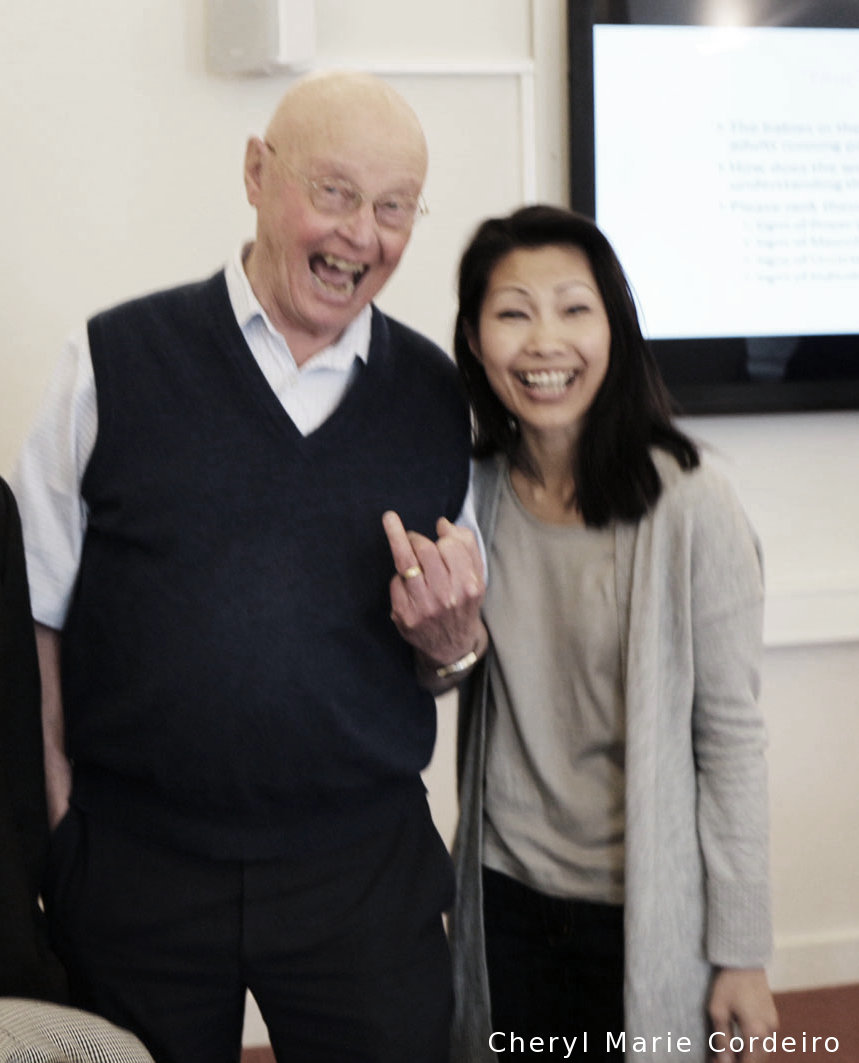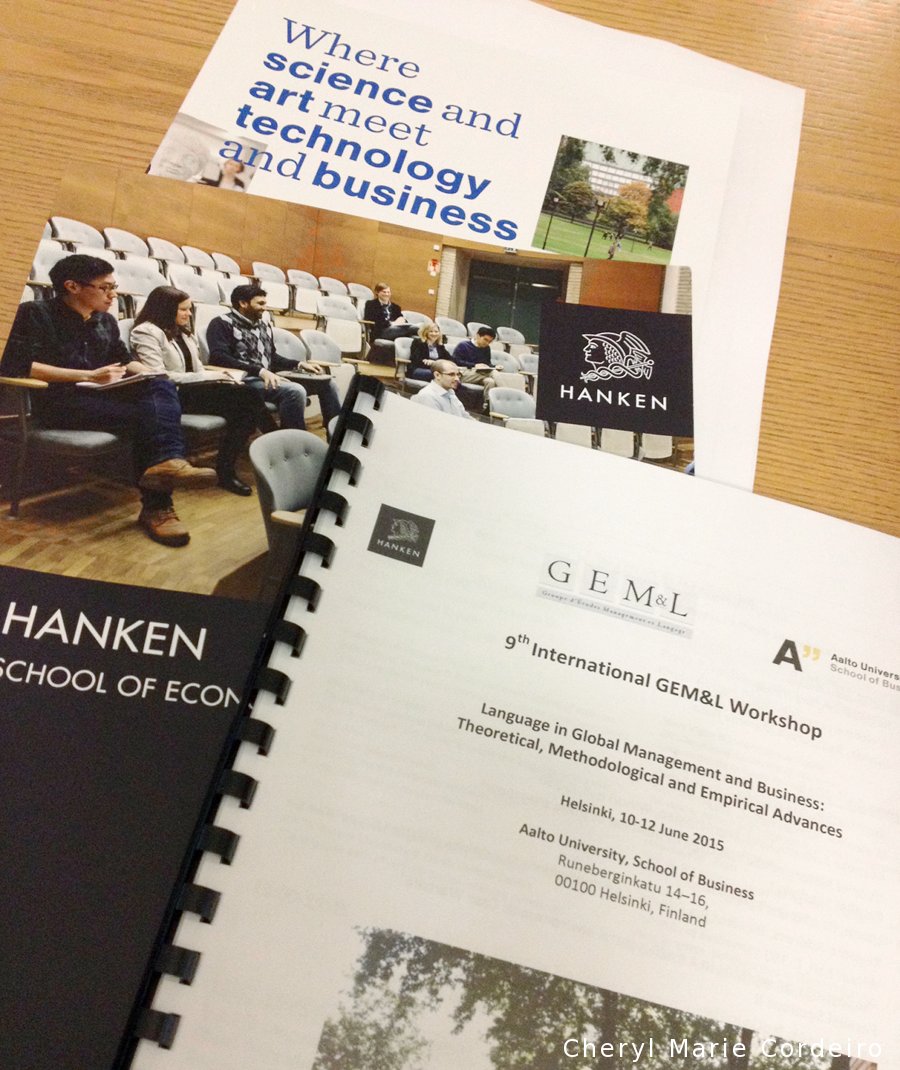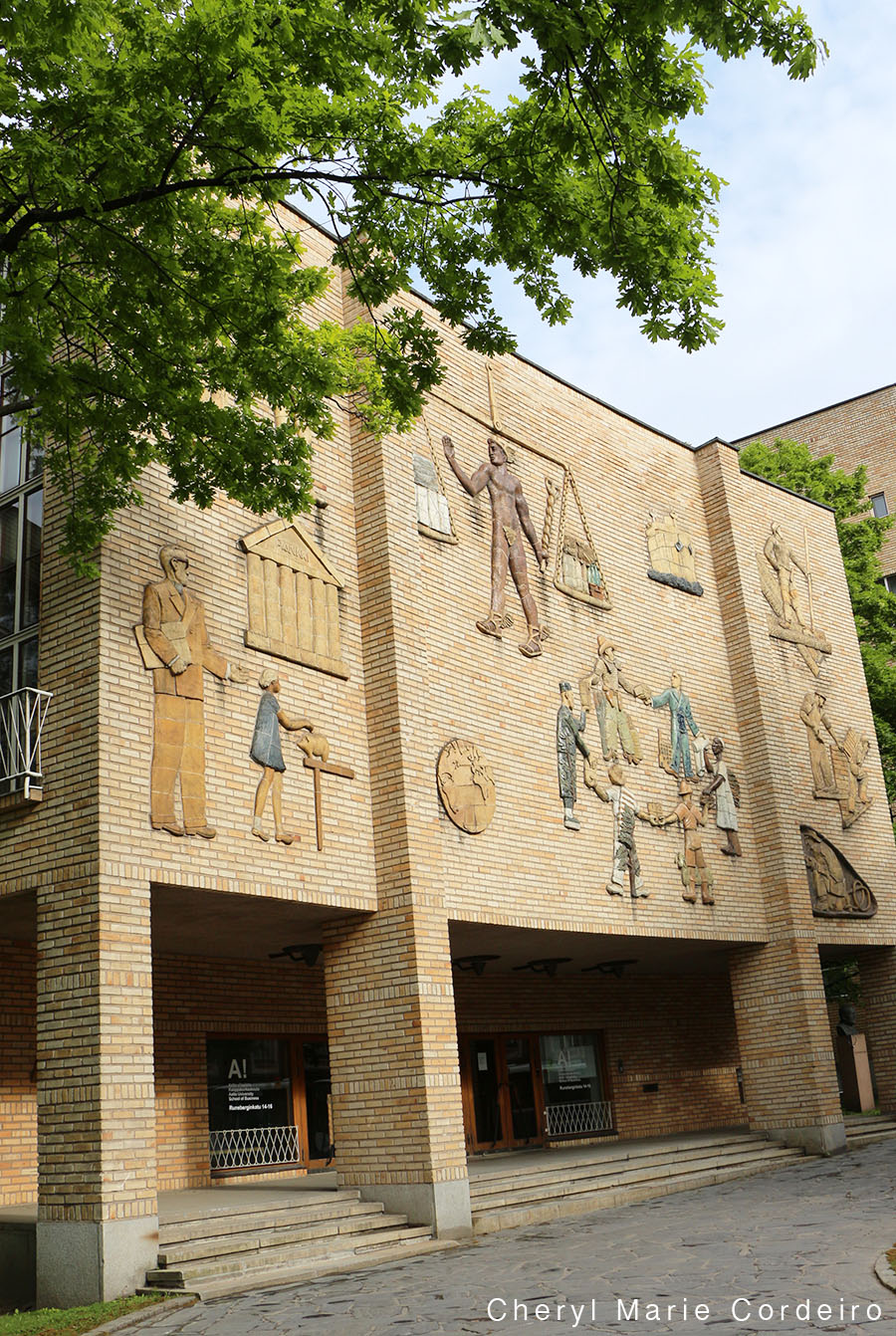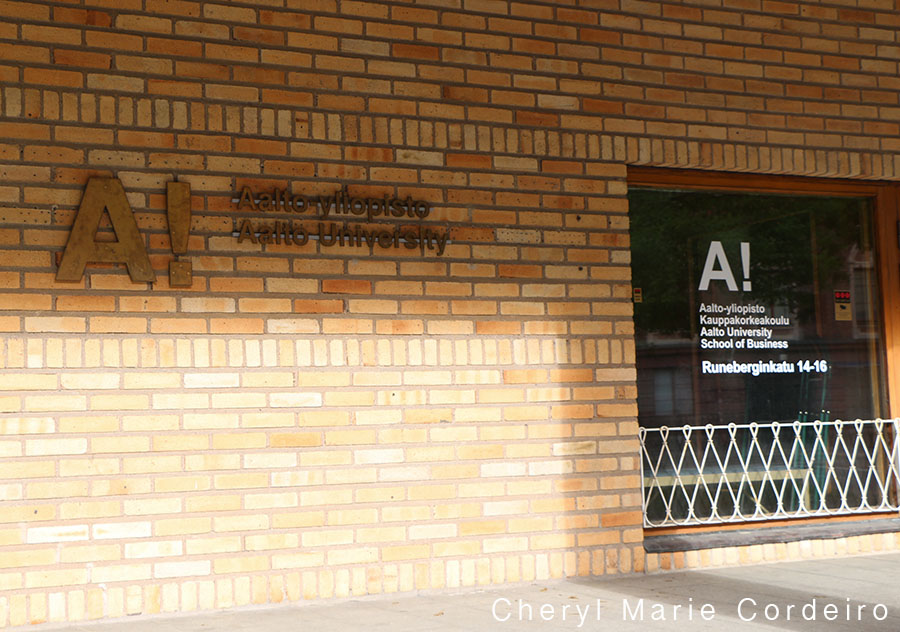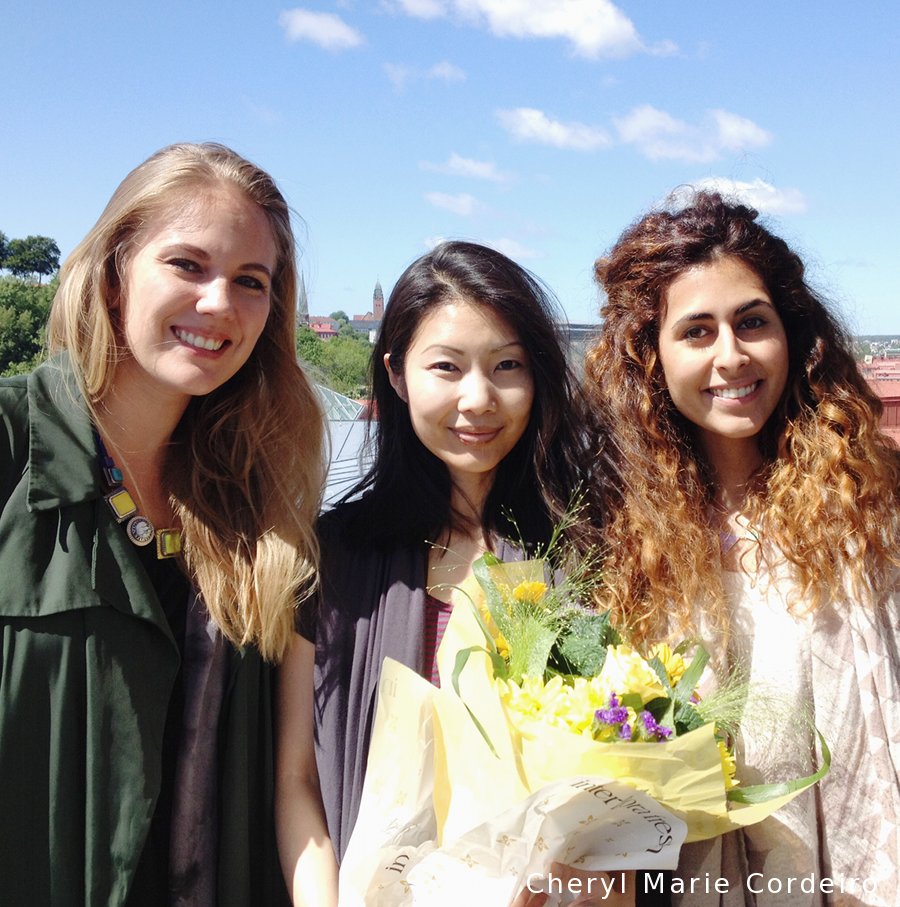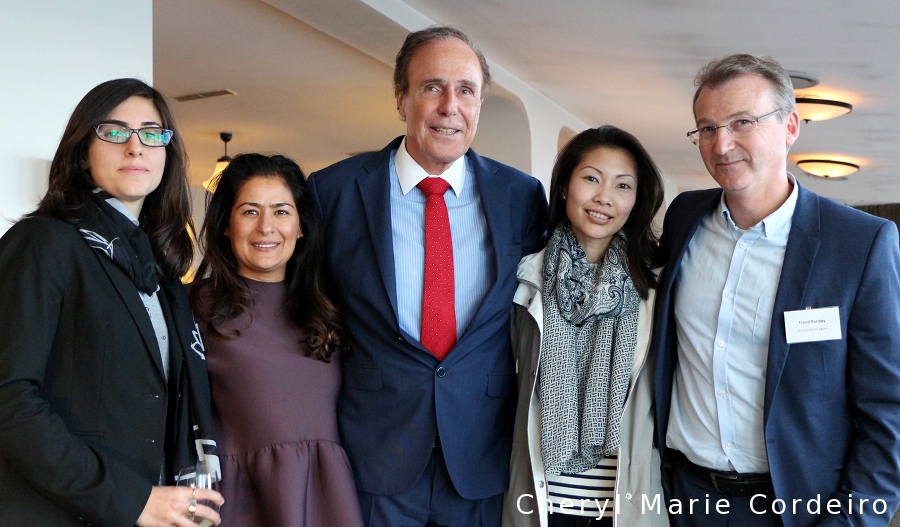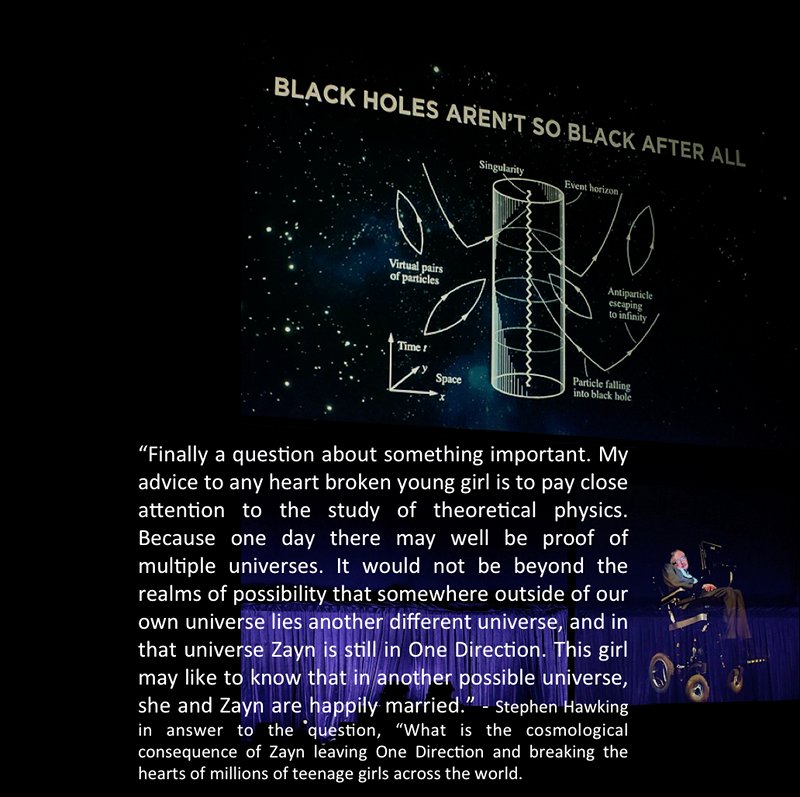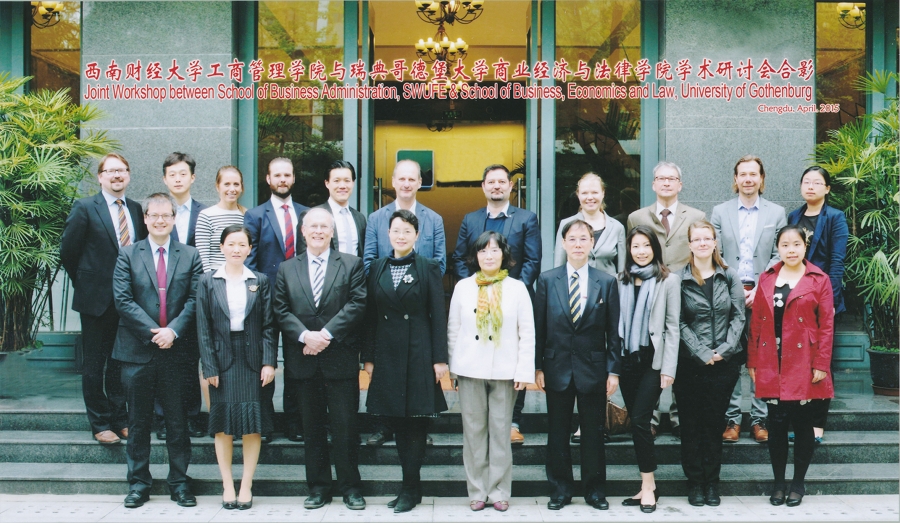
[notes from an evening contemplation from 22 April 2012]
The world is getting faster and smaller. We are at an age where social media platforms over the internet are no longer activities that we engage in only during our spare time, but rather have them as integrated activities into the workings of our lives. Internet and wireless technology today allows us to traverse geographic boundaries, space and time in order to create new relations, work across cities in virtual groups with people from different time zones, where getting in touch with others from different cultural backgrounds is the norm. It is in view of this scenario of the greater interconnectedness in the world that this paper is writ, where together with other scholars [1-5], supports the call for more comprehensive perspectives in the study of national cultures.
The call towards a more dynamic and integrated perspective towards the study of culture, can be viewed as a development of theory in the field that is built upon the previous works of other outstanding scholars in the field of cultural studies that began in the 1930s with studies in cultural anthropology in relation to organisation [6-10]. Theoretical development in cultural studies at both national and organizational levels took ground during the 1970s with the expansive work of Geert Hofstede. Covering more than 70 countries with IBM employee values scores collected between 1967 and 1973, his efforts culminated in a book in 1980, Cultures Consequnces that outlined Continue reading ”Fang’s Yin Yang perspective on culture as complementary to Hofstede’s cultural dimensions paradigm”


